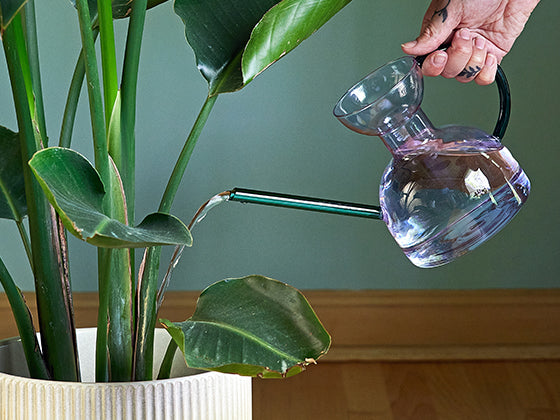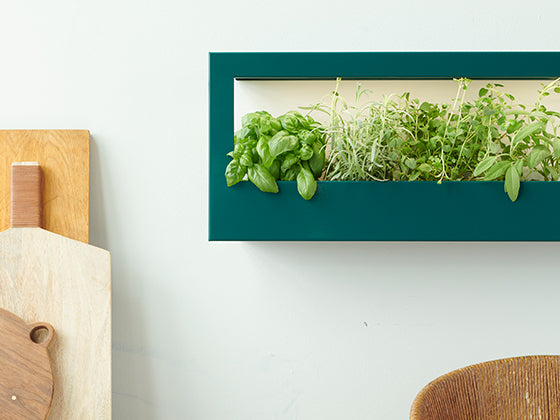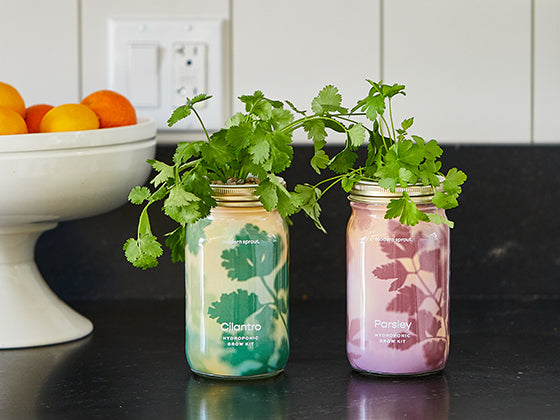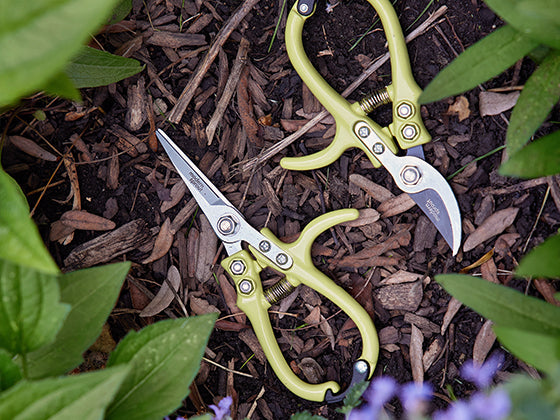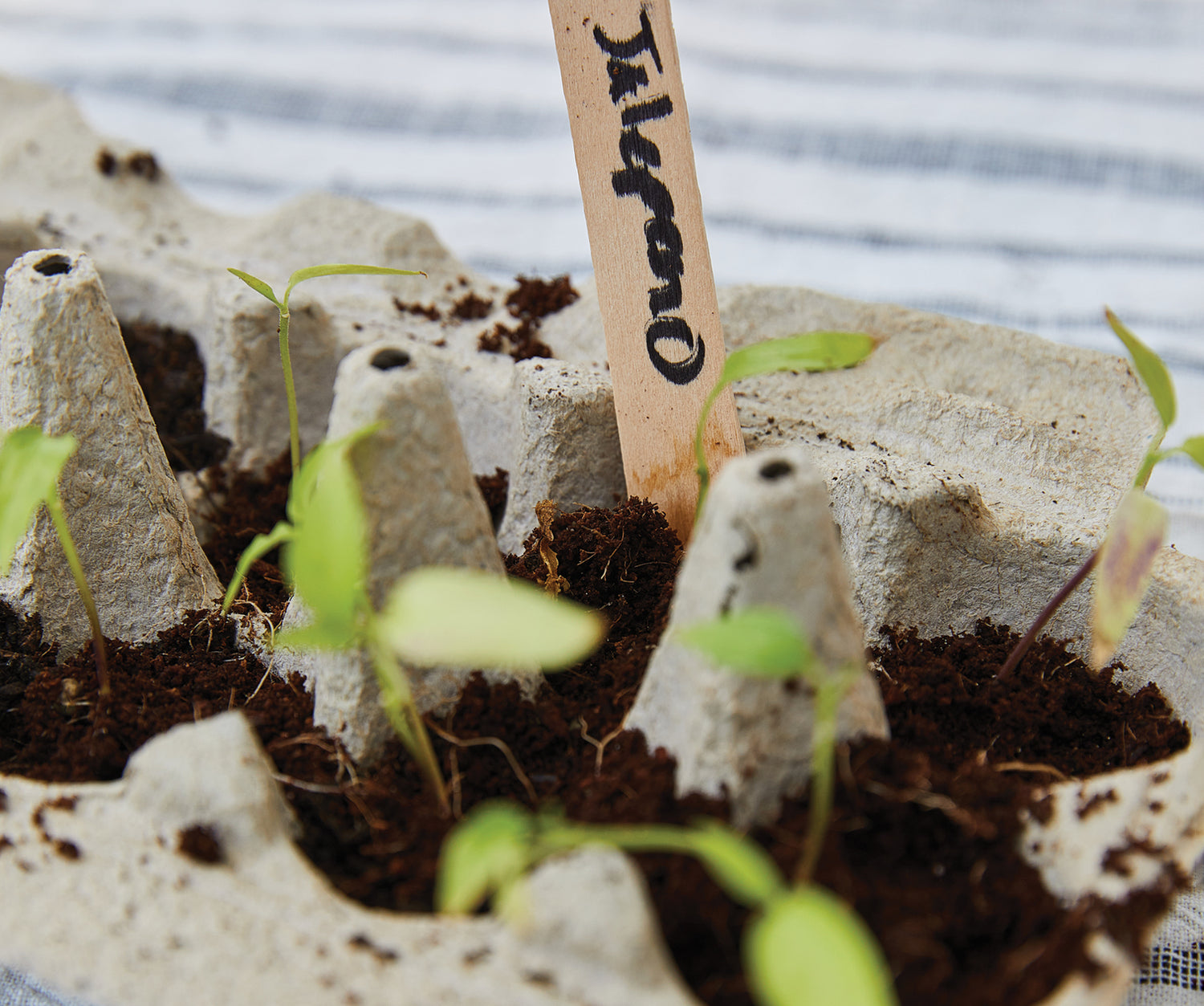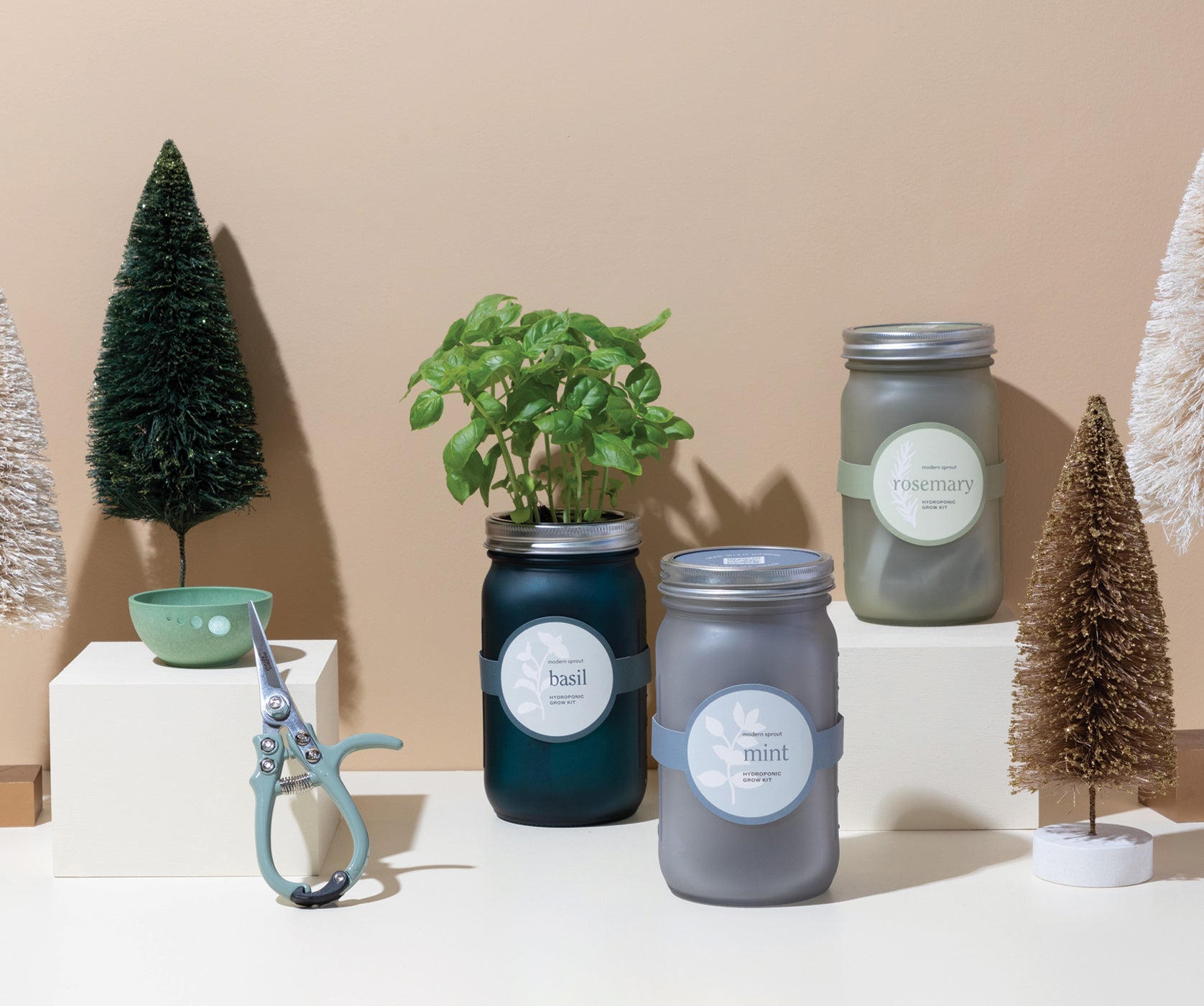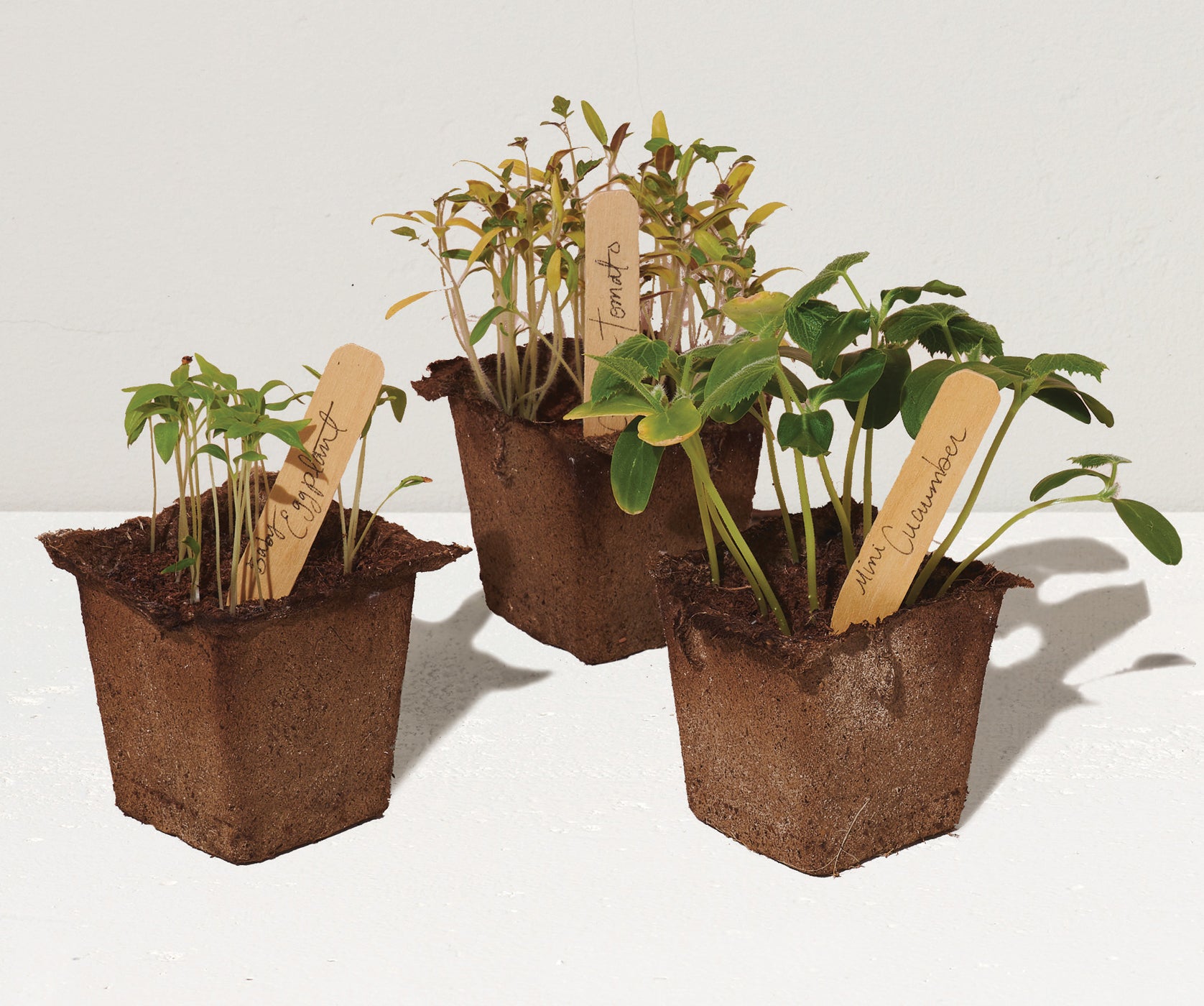Green horn, green thumb, less waste.
Way back in my growing journey I had a lot of anxiety surrounding my success or potential lack thereof when starting my plants from seed. Today, I’m more secure in my science. I now focus more on how to reduce my waste and overall impact on the planet when gardening. Admittedly, it’s hard to make your gardening practice low waste at first, but with a little focus I’ve found some sure-fire ways to reduce my waste and increase my joy when it comes to gardening.
Bringing home new plants often means being left with a pile of single use plastic. Traditional seed starter trays are almost always made of an extra thin version of the stuff, rarely graded for recycling. Not only are these bad for the environment, but the also don’t look great on display in my home. So instead, I opt for egg cartons. I save up my egg cartons year-round to use for my pre-spring seed starting.

Simply fill each egg section with dirt, and drop in a few seeds. Make sure to keep your waterings rather light though, as the packaging is more likely to fall apart if damp.
When I’m not starting from seed, I hang onto the plastic pots that nursery plants often come home in for future use. They make great transitional pots for my plants when I find them in the between stage of egg carton and final growspace. Especially for warmer-tempered crops, it’s a great idea to keep these grows indoors for as long as possible before their time to transition outdoors. The only issue comes when plants inevitably “stall out” or stop growing due to the size of its vessel. That’s the time to either transplant, or begin supplementing the young sprouts with nutrients.

We’re proud to say that we use glass bottles for our nutrients. This plant food is stored in an amber bottle that’s just perfect as a propagation vessel once you’ve finished off the nutrients. In my experience, root systems prefer diluted sunlight while getting their grow on. Kombucha glass and beauty packaging are also some incredible upcycling options.

If you aren’t prone to finishing a bag of planting soil before completing your projects, use a chip clip along the opening to seal away pests and lock in the nutrients meant to go to your plants rather than the flies. This way, you’ll avoid the need to rehydrate the soil and add in nutrients to bring back what was lost to the open air.
Becoming a more conscious gardener is a journey of sorts. This labor of love isn’t for the faint of heart or those who lack curiosity. Making decisions to become more sustainable as an individual is more than a process, it’s a practice. On occasion, tough choices have to be made for the longevity of your garden over budget and new solutions demand a new perspective. You may even have to sacrifice substance over style every now and again, but never on modernsprout.com, dear reader.
Happy Cultivating!
The Modern Sprout Team
Words by Sydney Gutierrez

